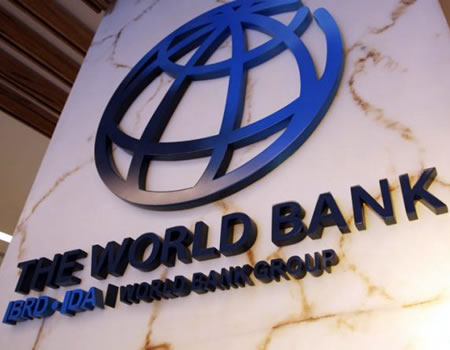In its latest Global Economic Prospect (GEP), the World Bank has forecasted a 3.3% growth for Nigeria’s economy in 2023, a slight improvement from the 2.9% estimated for the previous year. The projection, although slightly below the sub-Saharan Africa (SSA) average of 3.8%, reflects a positive outlook for Nigeria’s economic recovery.
The World Bank’s confidence in Nigeria’s economic prospects has strengthened, with the economy expected to grow further to 3.7% in 2024, surpassing the global output growth. These projections mark an increase from the June forecasts of 3% and 3.1% for 2024 and 2025, respectively, emphasizing the positive impact of downstream oil and foreign exchange reforms initiated in mid-2022.
The report highlights that macro-fiscal reforms initiated in June are gradually yielding positive results, with per capita income expected to reach pre-pandemic levels by 2025. The main drivers of growth are identified as agriculture, construction, services, and trade.
In terms of inflation, the World Bank anticipates a gradual easing, attributing it to the effects of last year’s exchange rate reforms and the removal of fuel subsidies. Structural reforms are expected to boost fiscal revenue and contribute to a more stable economic environment.
The report also provides insights into the broader SSA region, projecting an acceleration of growth to 3.8% in 2024 and a further increase to 4.1% in 2025. It notes that while the largest economies in SSA may experience slower growth, non-resource-rich economies are expected to maintain growth rates above the regional average.
Despite the positive outlook, the World Bank’s report emphasizes the need for caution, citing mounting geopolitical tensions as potential near-term hazards for the global economy. The report calls for proactive measures to address challenges and suggests that governments accelerate investment and strengthen fiscal policy frameworks to ensure sustainable economic transformation.











